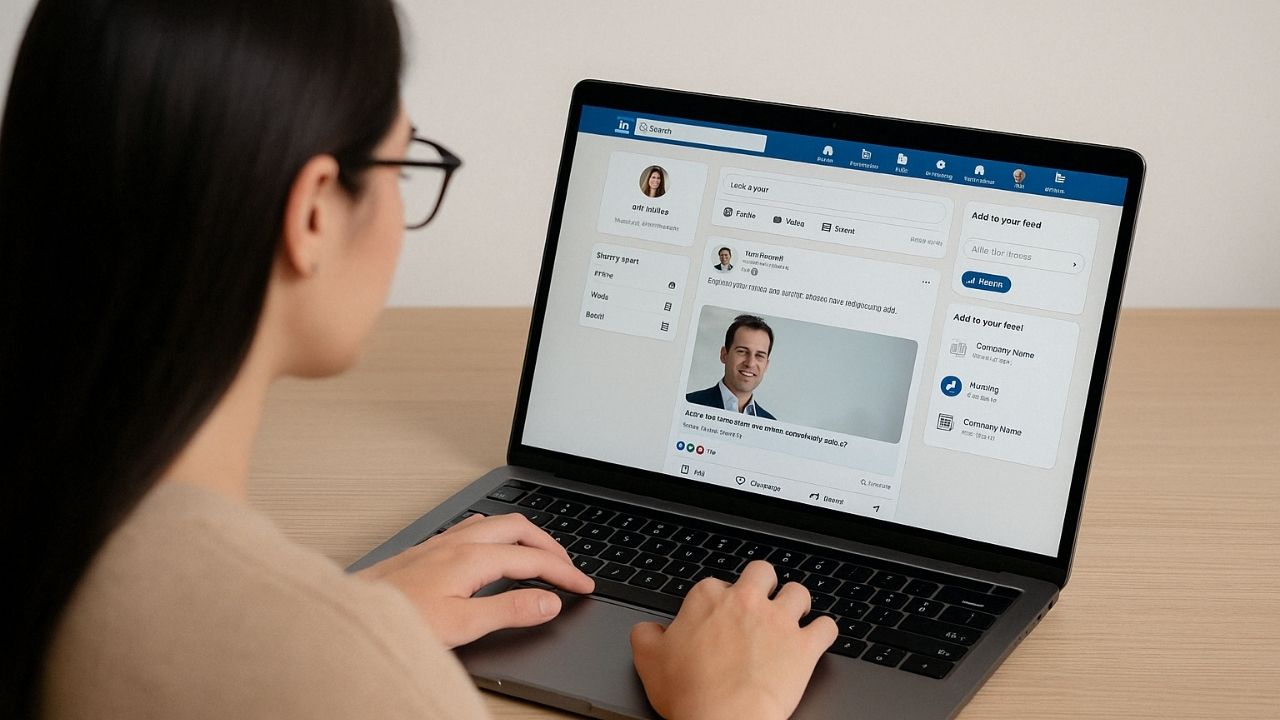Starting a business is an exciting yet challenging endeavor, and one of the first things every entrepreneur needs to consider is startup costs. Understanding these expenses is crucial for setting a realistic budget and ensuring your business has the financial foundation to thrive. Whether you’re looking at fixed costs like office space or variable costs like marketing, knowing what to expect will help you navigate the early stages with confidence and clarity.
Why Is It Important to Understand Startup Costs?
Knowing your costs isn’t just a formality. It’s the foundation of every decision you’ll make in your business. Here’s why:
- Planning and Budgeting: With a clear view of costs, you can budget more accurately. You’ll know if you can afford that new equipment or if you need to prioritize other expenses first.
- Reducing Surprises: Startup costs can catch you off guard. When you understand what to expect, you can plan and prepare without fear of unexpected bills or debt.
- Setting Realistic Goals: If you know your financial baseline, you can set income goals, break-even targets, and revenue benchmarks more confidently.
- Adaptability: With a good grasp of your costs, you’re better able to pivot and adjust as needed – a skill every entrepreneur needs.
Types of Startup Costs: Fixed vs. Variable
Understanding which costs are fixed and which are variable is key to managing your finances as efficiently as possible.
- Fixed Costs: These are the expenses that remain consistent month-to-month, regardless of how much business you’re doing. Examples include rent, salaries for full-time employees, insurance, and software subscriptions.Why They’re Important: Fixed costs give you a baseline – the minimum amount you need to cover every month, no matter what. Knowing this helps you calculate the minimum revenue needed to stay afloat.
- Variable Costs: These costs fluctuate depending on the level of activity in your business. For example, if you’re selling physical products, your inventory costs will change based on sales volume. Other variable costs might include shipping fees, packaging, or hourly wages.Why They’re Important: Variable costs are tied to your revenue and scale up or down as your business grows or contracts. Keeping these under control allows you to adjust more easily if your business has a slow month or if you need to increase production quickly.
Essential vs. Optional Startup Costs
As you plan, you’ll also want to distinguish between essential and optional costs. If I were starting a business, this is where I’d be extra careful. Essential costs are the non-negotiables – the things you absolutely need to get off the ground. Optional costs are the “nice-to-haves” that you might want to consider down the line.
- Essential Costs: These costs are the building blocks of your business. Without them, you can’t operate or bring in revenue. Essential startup costs typically include:
- Licensing and Legal Fees: Registering your business, securing trademarks, setting up contracts – these are foundational steps.
- Product or Service Development: Whatever you’re selling, you need to ensure it’s ready for market, whether that’s investing in materials, equipment, or research and development.
- Initial Inventory: If you’re selling physical products, you’ll need stock on hand.
- Marketing Basics: At the very least, a website, logo, and basic branding materials will help customers find and trust you.
- Optional Costs: These are the “nice-to-have” items that aren’t necessary to start but could enhance or streamline your business. Examples might include:
- Premium Software: Fancy project management software or high-end design tools are useful but often not necessary in the early stages.
- High-End Equipment: Basic equipment often works just as well as premium tools – consider upgrading later.
- Office Space Upgrades: For many, working from home or a co-working space is sufficient. Consider office upgrades only when they genuinely add value.
Common Startup Costs Every Entrepreneur Should Plan For
So, what are the most common startup costs? Here’s a list of the usual suspects. And don’t worry, I’ll break them down with my thoughts on why they’re worth including and when you might be able to skip or adjust.
- Legal and Registration Fees
Setting up your business legally is non-negotiable. Registering your business, obtaining licenses, and securing legal documents may seem like a chore, but these steps lay the foundation for a professional operation. - Product Development or Initial Inventory
Whether you’re selling products or services, you’ll need something to offer. Initial inventory costs apply to product-based businesses, while service-based businesses may need to invest in tools, equipment, or software to deliver services. - Marketing and Branding
For new businesses, a solid brand and online presence help you stand out. Essential costs include a basic website, logo design, and maybe a few social media ads to get the word out. More advanced marketing efforts can be added later. - Rent or Lease (If Necessary)
Many new entrepreneurs can work from home or a co-working space, but if your business requires physical space – like a retail shop or workshop – factor in rent as a significant fixed cost. - Insurance
Business insurance can cover everything from liability to equipment and inventory. It’s often essential to protect your business from unexpected risks and can save you in the long run if something goes wrong. - Technology and Software
Technology can be both essential and optional, depending on your business type. Essentials may include a computer, business phone, and basic software like accounting tools. Optional software can come later. - Employee or Contractor Salaries
If you’re a solo entrepreneur, you might not need this initially. However, if your business requires specialized help, set aside funds for hiring freelancers or part-time employees as your business grows. - Utilities and Supplies
These vary depending on the business, but utilities like internet, electricity, and water, along with office supplies, should be considered. For service-based businesses, these costs might be minimal but should still be accounted for.
How to Calculate Startup Costs
Calculating startup costs can be easier than it sounds. Here’s a simple process I’d recommend:
- List All Expected Costs: Start with the essentials, then add optional items if the budget allows.
- Divide by Fixed and Variable: Separate costs by fixed and variable to get a better picture of your ongoing monthly expenses.
- Estimate Amounts: Research prices, compare quotes, and ask around. Be realistic and try to overestimate to avoid surprises.
- Include a Buffer: Unexpected costs will pop up, so plan for around 10-15% extra.
Adjusting Your Costs Along the Way
One of the most important things to remember is that your startup costs aren’t set in stone. As you get more familiar with your business, you’ll find ways to streamline or adjust.
- Cutting Unnecessary Costs: After the first few months, reassess your expenses. Are there subscriptions you’re not using or services you could replace with cheaper alternatives?
- Reinvesting in Key Areas: As revenue increases, consider reinvesting in marketing, product development, or customer service.
- Scaling Up or Down: Be prepared to adjust for busy or slow seasons. For example, during high-demand periods, it may be worth increasing marketing spend or inventory. During slower periods, scaling back can help preserve cash flow.
Charting Your Path Ahead
Starting a business is an exciting journey, but knowing your startup costs can make the path a little smoother. Whether you’re focused on cutting unnecessary costs, understanding fixed vs. variable expenses, or knowing what’s essential vs. optional, every choice impacts your growth and stability. And remember, startup costs aren’t static; they evolve with you.
Take it step by step, plan carefully, and keep an open mind. With a solid understanding of costs, you’ll have the confidence to make smart, informed decisions, and that’s a powerful place to start any venture.
Related posts:











